Related Movies

Rebecca (1940)
Story of a young woman who marries a fascinating widower only to find out that she must live in the shadow of his former wife, Rebecca, who died mysteriously several years earlier. The young wife must come to grips with the terrible secret of her handsome, cold husband, Max De Winter. She must also deal with the jealous, obsessed Mrs. Danvers, the housekeeper, who will not accept her as the mistress of the house.

The Killing (1956)
Career criminal Johnny Clay recruits a sharpshooter, a crooked police officer, a bartender and a betting teller named George, among others, for one last job before he goes straight and gets married. But when George tells his restless wife about the scheme to steal millions from the racetrack where he works, she hatches a plot of her own.
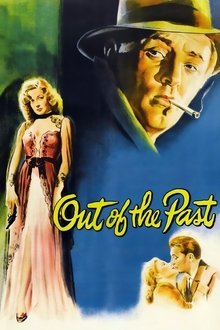
Out of the Past (1947)
The peaceful life of a gas station owner is disrupted when a man from his past arrives in town and forces him to return to the dark world he had tried to escape.
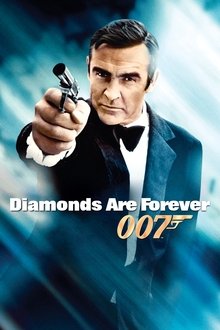
Diamonds Are Forever (1971)
Diamonds are stolen only to be sold again in the international market. James Bond infiltrates a smuggling mission to find out who's guilty. The mission takes him to Las Vegas where Bond meets his archenemy Blofeld.
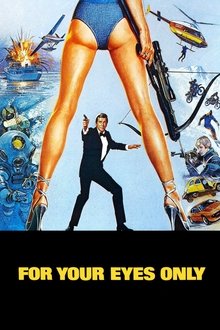
For Your Eyes Only (1981)
A British spy ship has sunk and on board was a hi-tech encryption device. James Bond is sent to find the device that holds British launching instructions before the enemy Soviets get to it first.
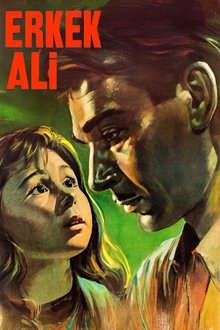
Erkek Ali (1964)
This is the story of a young man who rebels against the Agha class in the east side of Turkey. The story ends with the death of the young man, who remains in the little girl he left an orphan and the young widow who is passionately in love with him.
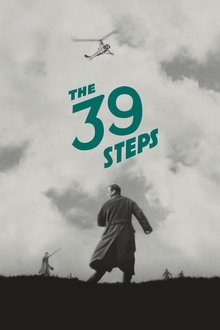
The 39 Steps (1935)
Richard Hanney has a rude awakening when a glamorous female spy falls into his bed - with a knife in her back. Having a bit of trouble explaining it all to Scotland Yard, he heads for the hills of Scotland to try to clear his name by locating the spy ring known as The 39 Steps.

Casablanca (1943)
In Casablanca, Morocco in December 1941, a cynical American expatriate meets a former lover, with unforeseen complications.

Notorious (1946)
In order to help bring Nazis to justice, U.S. government agent T.R. Devlin recruits Alicia Huberman, the American daughter of a convicted German war criminal, as a spy. As they begin to fall for one another, Alicia is instructed to win the affections of Alexander Sebastian, a Nazi hiding out in Brazil. When Sebastian becomes serious about his relationship with Alicia, the stakes get higher, and Devlin must watch her slip further undercover.
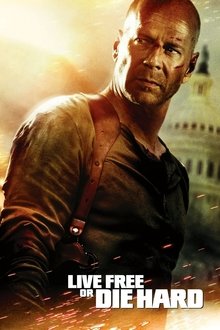
Live Free or Die Hard (2007)
John McClane is back and badder than ever, and this time he calls on the services of a young hacker in his bid to stop a ring of Internet terrorists intent on taking control of America's computer infrastructure.

Party Monster (2003)
The New York club scene of the 80s and 90s was a world like no other. Into this candy-colored, mirror ball playground stepped Michael Alig, a wannabe from nowhere special. Under the watchful eye of veteran club kid James St. James, Alig quickly rose to the top... and there was no place to go but down.

25th Hour (2002)
On the eve of a seven-year prison sentence, a New York drug dealer spends his final day of freedom confronting his past, his relationships, and the choices that led to his downfall in a city still reeling from 9/11.
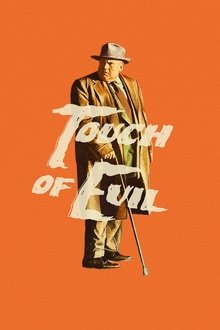
Touch of Evil (1958)
A border-town bombing draws Mexican investigator Miguel Vargas into a corruption-ridden police investigation led by crooked captain Hank Quinlan, setting off a deadly struggle over power, justice, and truth.
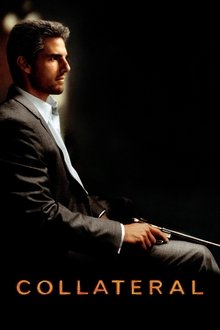
Collateral (2004)
Cab driver Max picks up a man who offers him $600 to drive him around. But the promise of easy money sours when Max realizes his fare is an assassin.
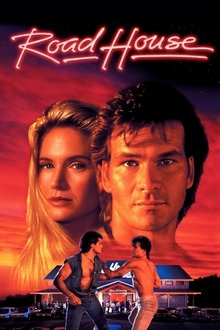
Road House (1989)
The Double Deuce is the meanest, loudest and rowdiest bar south of the Mason-Dixon Line, and Dalton has been hired to clean it up. He might not look like much, but the Ph.D.-educated bouncer proves he's more than capable – busting the heads of troublemakers and turning the roadhouse into a jumping hot spot. But Dalton's romance with the gorgeous Dr. Clay puts him on the bad side of cutthroat local big shot Brad Wesley.
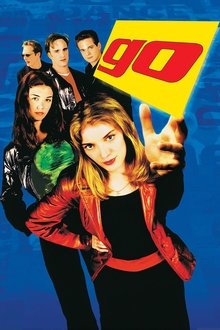
Go (1999)
A supermarket clerk decides to step in for an absent drug dealer, setting off an explosive, comedic chain of events.
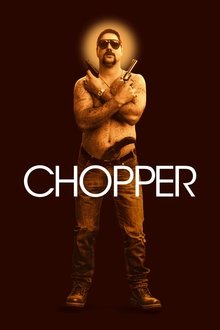
Chopper (2000)
The true and infamous story of Australia's notorious criminal Mark 'Chopper' Read and his years of crime, interest in violence, drugs and prostitutes.
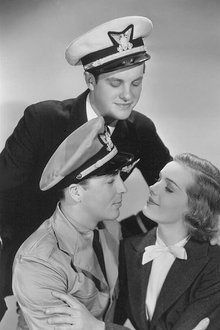
Border Flight (1936)
Frances Farmer's second film is a typical B-programmer from the Paramount lot of 1936--up and coming stars (John Howard, Robert Cummings, Grant Withers, Farmer) in a concerning the Coast Guard and smugglers. The chief points of interest are the truly exceptional aerial sequences and Farmer's early performance.
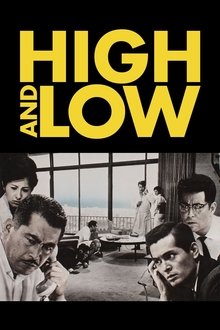
High and Low (1963)
A Yokohama shoe executive faces a wrenching choice when kidnappers mistakenly seize his chauffeur’s son but demand the ransom anyway.
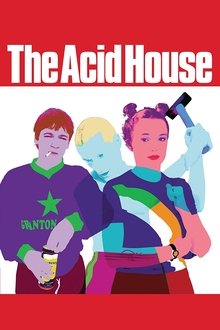
The Acid House (1998)
A surreal triptych adapted by "Trainspotting" author Irvine Welsh from his acclaimed collection of short stories. Combining a vicious sense of humor with hard-talking drama, the film reaches into the hearts and minds of the chemical generation, casting a dark and unholy light into the hidden corners of the human psyche.